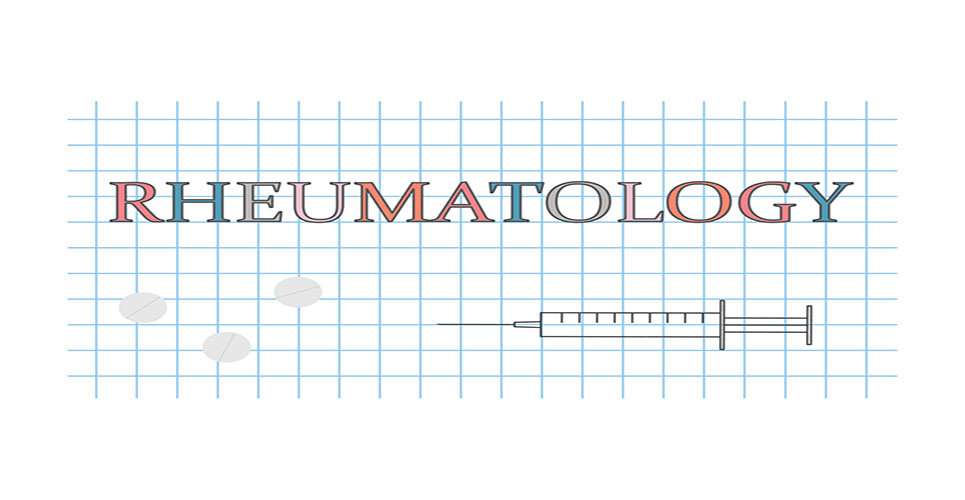teaser
- American College of Rheumatology (ACR) hybrid score associated with greater sensitivity for measuring treatment response in rheumatoid arthritis (RA) compared to traditional ACR20/50/70 measures
- A post-hoc analysis of the RAPID 1 study showed majority of improvement in ACR hybrid scores was achieved before 12 weeks and was maintained up to week 521
The ACR hybrid score, a new measure of response to RA treatment recently developed by the American College of Rheumatology, demonstrated improved sensitivity compared to traditional ACR responses, according to recently published results in Arthritis Care & Research. Traditional ACR20/50/70 and DAS28 scores were compared to the ACR hybrid score in a post-hoc analysis of the RAPID 1 study, the first clinical trial data to be analysed using the ACR hybrid score.
“The ACR hybrid score suggested similar results to other standard outcome measures, in that certolizumab pegol treated patients had significantly higher improvement in signs and symptoms of RA over placebo”, said Dr R.F. van Vollenhoven from the Karolinska Institute in Stockholm, Sweden and lead author of the publication. “These results are of interest because the ACR hybrid score may represent a more sensitive and accurate measure of RA treatment response than the current accepted standard and could be considered as a valuable primary end point in future clinical trials.”
The ACR hybrid score combines conventional ACR20/50/70 scores with the mean percent change in all 7 ACR core components, providing a percent improvement from baseline on a continuous scale. The post hoc analysis of the ACR hybrid scores were from RAPID 1 (Rheumatoid Arthritis PreventIon of structural Damage), a phase III double-blind placebo-controlled trial designed to establish the efficacy and tolerability of certolizumab pegol together with methotrexate (MTX), in the treatment of active RA in patients who did not adequately respond to conventional treatment.
The use of the ACR hybrid score was evaluated relative to other measures of response, including the ACR20/50/70 response rates and changes in DAS28 (disease activity score), and analyses differences between active treatment and placebo, elements that may be underestimated using ACR20/50/70 response criteria. By also incorporating worsening disease activity, the ACR hybrid score may provide a better evaluation of the treatment’s effect on overall change in disease activity.
Results from this post hoc analysis suggest that certolizumab pegol plus MTX conferred significantly greater benefit than placebo plus MTX regardless of measures according to ACR20 responder rates, ACR hybrid scores and mean changes from baseline in the DAS28. By all three measures, in some patients responses to certolizumab pegol plus MTX were significantly greater by week one, continued to improve through the first 12 weeks of treatment, and were sustained to study at week 52. Of the certolizumab pegol plus MTX treated patients, 258 out of 392 (65.8%) and 172 out of 392 (43.9%) had ACR20 and ACR50 responses respectively.
The data published were from the RAPID 1 study – the co-primary end points were ACR20 score at week 24 and change in mTSS (modified Total Sharp Score) at week 52. The post hoc analysis focused on patients who received MTX and either 200mg subcutaneously or placebo every two weeks for 52 weeks accounting for 393 patients in the ITT population (30 patients were excluded due to nonimputable data).
